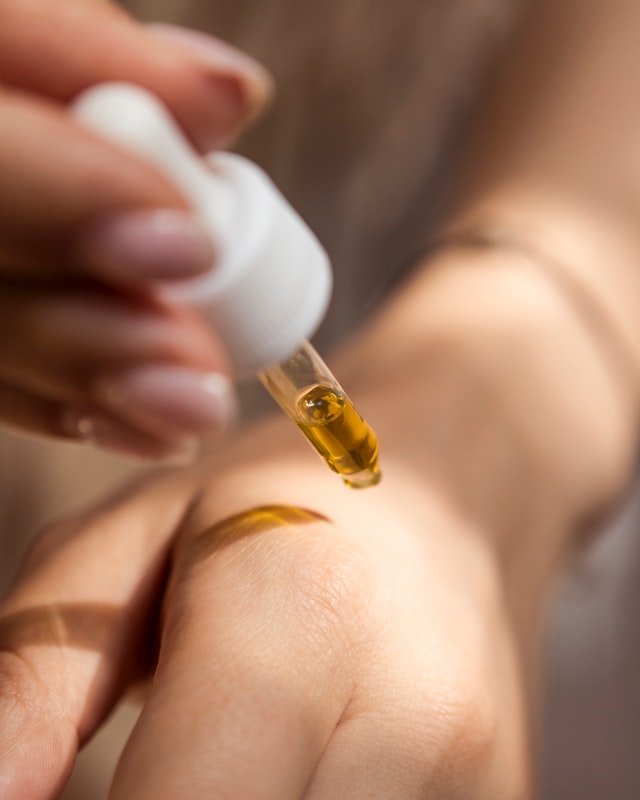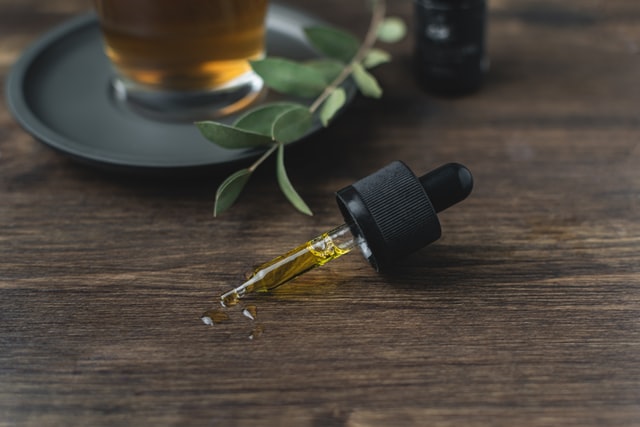CBD has never been more in vogue, with many embracing it as a new cure-all for anxiety and stress. However, the topic is somewhat still a grey area regarding the legality of CBD in different countries and specific laws and regulations. At the same time, its side effects are frequently being analyzed and researched to provide more concrete evidence on the matter.
Regardless, it’s becoming more and more popular, with users praising the relaxing qualities of the substance. As its ubiquity grows, we decided to take this moment to myth bust and answer the important questions about this new kid on the block.
What is CBD made from?
Before we get to the more spicy questions, it’s important to first understand what CBD actually is. “CBD stands for Cannabidiol, is the non-psychoactive compound found in the hemp plant,” explains TRIP, who produce flavored CBD oils and infused drinks. If the name Cannabidiol made you raise an eyebrow due to a very etymologically-close Class B drug, it’s because they’re both produced from the same plant species, cannabis.
However, while your garden variety weed makes you high (thanks to THC), CBD is a whole other story. “Hemp and marijuana are two very different plants when it comes to genetics, cultivation and chemical processes,” TRIP continues. “Hemp is made for many items such as rope, fabrics and CBD extracts, whereas marijuana is made to yield high levels of THC. Conversely, hemp has very low levels of THC and has no psychoactive properties.” The Home Office only issues licenses for ’cultivation of plants from approved seed types with a THC content not exceeding 0.2%.’
Is CBD legal?
Yes, because CBD does not contain enough psychoactive THC, it does not fall under the legal definition of illegal cannabis in the Misuse of Drugs Act. CBD is legal in the UK. However, it has to meet certain criteria, such as not containing THC and being produced from an industrial hemp strain that’s EU-approved (or from outside the EU). There is one exception to this rule — medicine for multiple sclerosis, which is the only drug licensed in the UK to treat symptoms of MS.
Not all CBD is created the same. Some CBD oils are sold as food supplements, so they aren’t properly regulated. This means they may contain different substances or be produced from unauthorized strains, which is why it is always recommended to buy CBD products from reputable sources that have been third-party lab tested.

What are the health benefits of CBD?
Medical studies on the strengths of CBD are underway, with more and more conducted in recent years. And it’s no surprise that CBD has become so popular, as these studies show a promising host of potential health benefits for various ailments. Some of these may include treating seizure disorders, reducing nervousness, and helping with PTSD symptoms. It’s also been shown to reduce inflammation and relieve chronic pain, including neuropathic pain, arthritis, and multiple sclerosis.
Are there any side effects?
Generally, CBD is mostly free from side effects. Most people tolerate it well and do not experience any harmful reactions. However, like everything in life, there are always some exceptions. Some of these may include dry mouth, diarrhea, lowered appetite and changes to weight, drowsiness, and fatigue.
The long-term effects of CBD are yet to be researched, so the jury is currently out on the big picture. It should be noted that, while usually safe, CBD can interact badly with some medications, for example, blood thinners. Like with anything else, it’s recommended to consult with your doctor if you’re taking any medicine. However, it’s important to remember that most of the side effects mentioned are very rare.
How do I take CBD?
Now that you’re positively convinced to try the new miracle concoction, the natural question is how. CBD comes in many forms, from chocolates to balms. The most common type, however, is CBD oil. The three main methods of consuming CBD are ingestion, under the tongue, or through the skin.
Edible CBD products like mints or truffles have become popularised in recent years and beverages such as teas and soft drinks. CBD oil can be consumed sublingually (under the tongue), and there are also plenty of sprays and lozenges to try as more palatable alternatives. Topical options such as lotions and transdermal patches (pieces of material with CBD on them that attach to your skin) are great for local pain.
However, other methods exist, too. Some people choose to vape their CBD products, and others prefer to use CBD-infused tampons for their period cramps. The world is truly your oyster when it comes to this fabulous substance.
Featured Photo by CRYSTALWEED cannabis on Unsplash
